SUMMARY
This is AI generated summarization, which may have errors. For context, always refer to the full article.
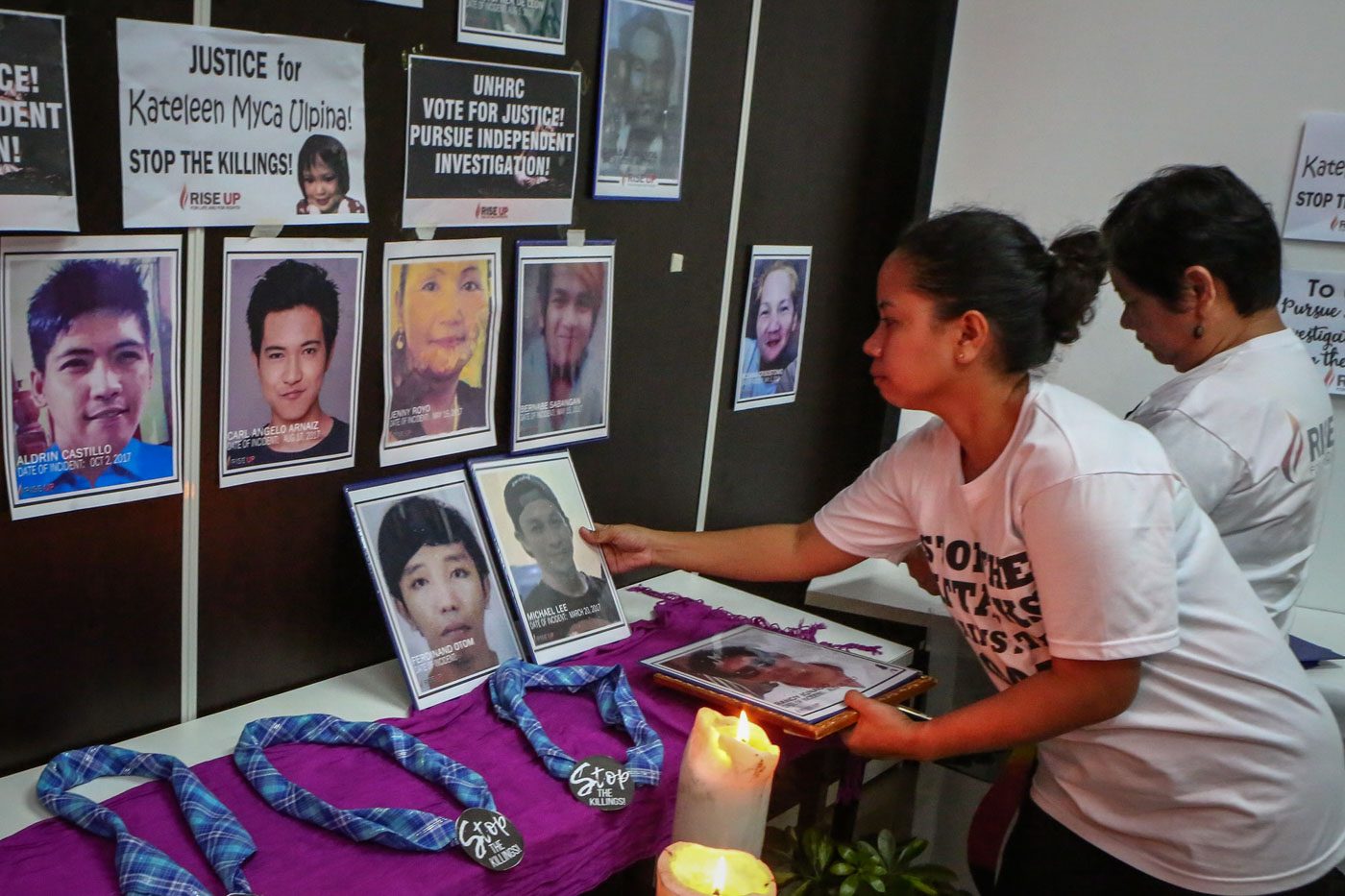
The Philippines and the European Union (EU) renewed their commitment to promote and protect human rights, even as they recognized that more action is needed on “a number of human rights issues” hounding the Southeast Asian nation.
The Philippines and the EU said this in a joint statement after the first virtual meeting of the Sub-Committee on Good Governance, Rule of Law, and Human Rights under the new EU-Philippines Partnership and Cooperation Agreement (PCA), on Friday, February 5.
“Both the EU and the Philippines reaffirmed their commitment to the promotion and protection of human rights, while recognizing the need for further action on a number of human rights issues,” said the joint press statement issued early Saturday, January 6.
According to the press statement, the launch of the Sub-Committee “allows the Philippines and the EU to reinforce their engagement on good governance, the rule of law, and human rights.”
“The respect of human rights as laid down in the Universal Declaration of Human Rights and relevant international human rights instruments, to which the EU and its Members States and the Philippines are parties, is an essential element of the PCA. The Sub-committee is the formal structure to share views and concerns on those issues,” it added.
Strengthen accountabilty in drug war
The joint statement said one of the key topics during the meeting was “strengthening accountability and investigative measures” particularly in the context of the Philippine government’s bloody campaign against illegal drugs. They also touched on efforts to revive the death penalty in the Philippines “which the EU opposes in all circumstances.”
During the meeting, the EU “encouraged the Philippines to continue its constructive engagement and address the issues raised in the report of the UN High Commissioner on Human Rights at the 44th session of the Human Rights Council.”
“The EU looked forward to tangible progress on human rights,” the statement said.
During the 44th session of the UNHRC in June 2020, UN High Commissioner for Human Rights Michelle Bachelet presented her comprehensive report that found there was “no rule of law and due process” in Duterte’s war on drugs.
Referring to Bachelet’s report, the EU urged the Philippines “to address extra-judicial killings, provide remedies for victims, and hold perpetrators accountable.”
“The EU looked forward to tangible progress in this connection,” the joint statement said.
The joint statement said that Philippine representatives at the meeting replied that “domestic accountability mechanisms are functioning” but “efforts are being made to further strengthen national institutions and procedures in order to advance the fight against impunity.”
The cited the ongoing work of the inter-agency panel under the Philippines’ Department of Justice that was created last year to re-investigate the controversial drug-related killings under the Duterte administration.
The Philippine review panel was supposed to have drafted its initial report in November 2020 but it has yet to finalize the report nearly 3 months later.
In a statement on Saturday, February 6, Akbayan chair emeritus Loretta Ann Rosales questioned the delay in the drug war review, and said any report would be “purely cosmetic…to cover up for the splattered blood of thousands of nameless Filipinos in the cities and streets throughout – the same blood that stains the hands of Mr Duterte.”
“The longer the DOJ delays in releasing their report, the more incredible it is able to ferret out the truth,” Rosales said.
Press freedom, human rights defenders
During the meeting, the Philippines and the EU also discussed freedom of expression, including the cases of Philippine journalists such as Rappler CEO Maria Ressa, who has become a symbol of media persecution under the Duterte administration and has received international recognition for her work.
“Freedom of opinion and expression, media and information were discussed at length including the cases of journalists and media workers such as Maria Ressa. Both the EU and the Philippines recognized their obligations to take action to respect, protect, and promote these freedoms,” the joint press statement said.
In recognition of Ressa’s fight for press freedom, Norwegian labor leader and parliamentary representative Jonas Gahr Støre nominated Ressa, along with Reporters Without Borders and the Committee to Protect Journalists, for the Nobel Peace Prize for 2021.
During the meeting, the Philippines and the EU also agreed “on the need to acknowledge, protect human rights defenders, and enable their work in accordance with the UN Declaration on Human Rights Defenders.”
This was in relation to their discussions where they acknowledged “that freedom of association and assembly and an enabling civic space are crucial components of any democracy and key building blocks for the successful implementation of the 2030 Agenda,” the joint press statement said.
The EU and the Philippines also discussed the case of Philippine Senator Leila de Lima, who has been detained over what the Duterte critic and her supporters called trumped-up drug charges since February 2017. The EU Parliament has been calling for the immediate release of De Lima, who is marking her fourth year in detention on February 24.
The meeting was opened by Eamon Gilmore, the EU Special Representative for Human Rights and co-chaired by Paola Pampaloni, Deputy Managing Director for Asia and the Pacific in the European External Action Service; and Philippine Foreign Affairs Assistant Secretary Jaime Victor Ledda of the Office of European Affairs.
The next Sub-Committee meeting is expected to be held in the Philippines in the first half of 2022. – Rappler.com
Add a comment
How does this make you feel?
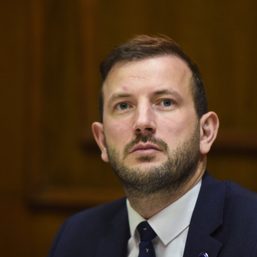


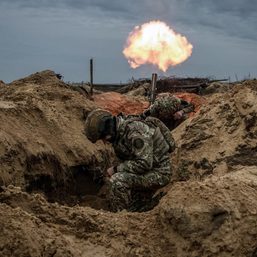

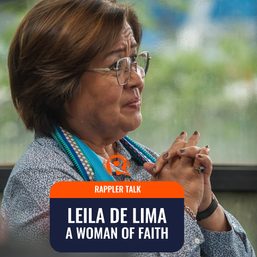
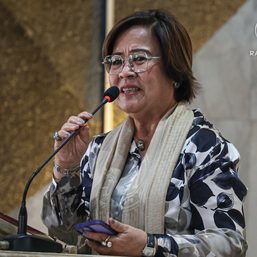
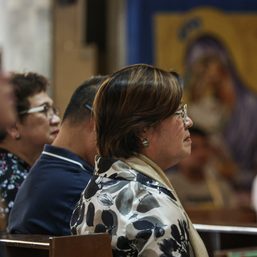
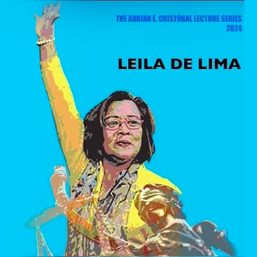
![[EDITORIAL] Justice, Philippine style: Acquitted sa plunder, pero may kabig naman](https://www.rappler.com/tachyon/2024/01/animated-jinggoy-estrada-acquittal-carousel.jpg?resize=257%2C257&crop_strategy=attention)
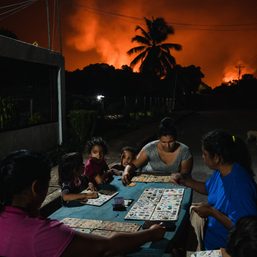

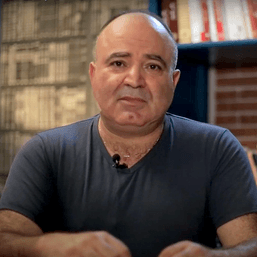
![[Newsstand] The media is not the press](https://www.rappler.com/tachyon/2024/04/tl-media-is-not-the-press-04132024.jpg?resize=257%2C257&crop=281px%2C0px%2C720px%2C720px)
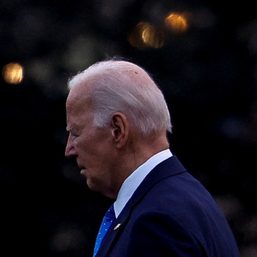
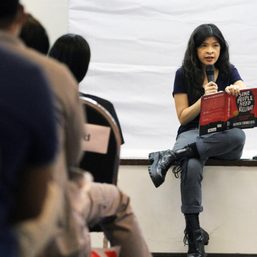
![[Rappler’s Best] Patricia Evangelista](https://www.rappler.com/tachyon/2024/04/unnamed-9-1.jpg?resize=257%2C257&crop=486px%2C0px%2C1333px%2C1333px)


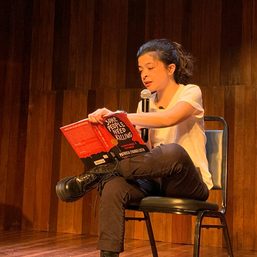
There are no comments yet. Add your comment to start the conversation.